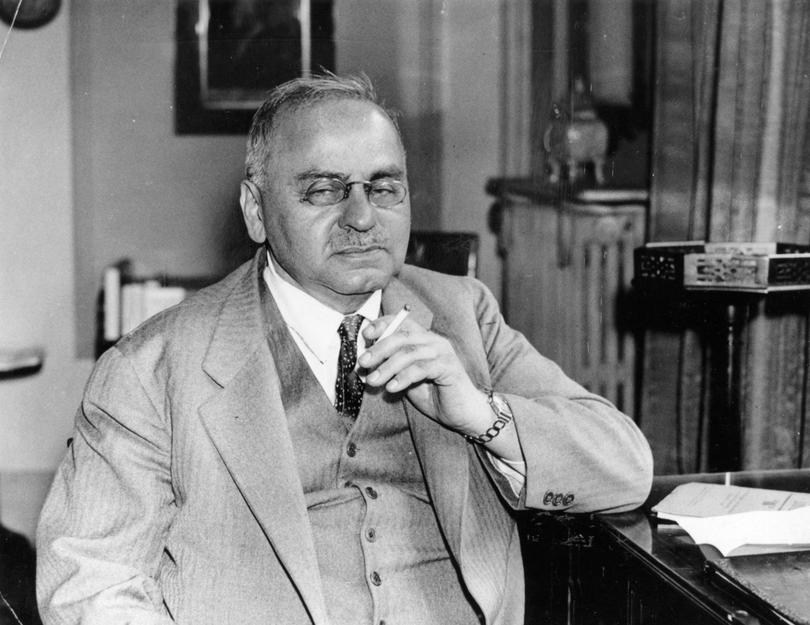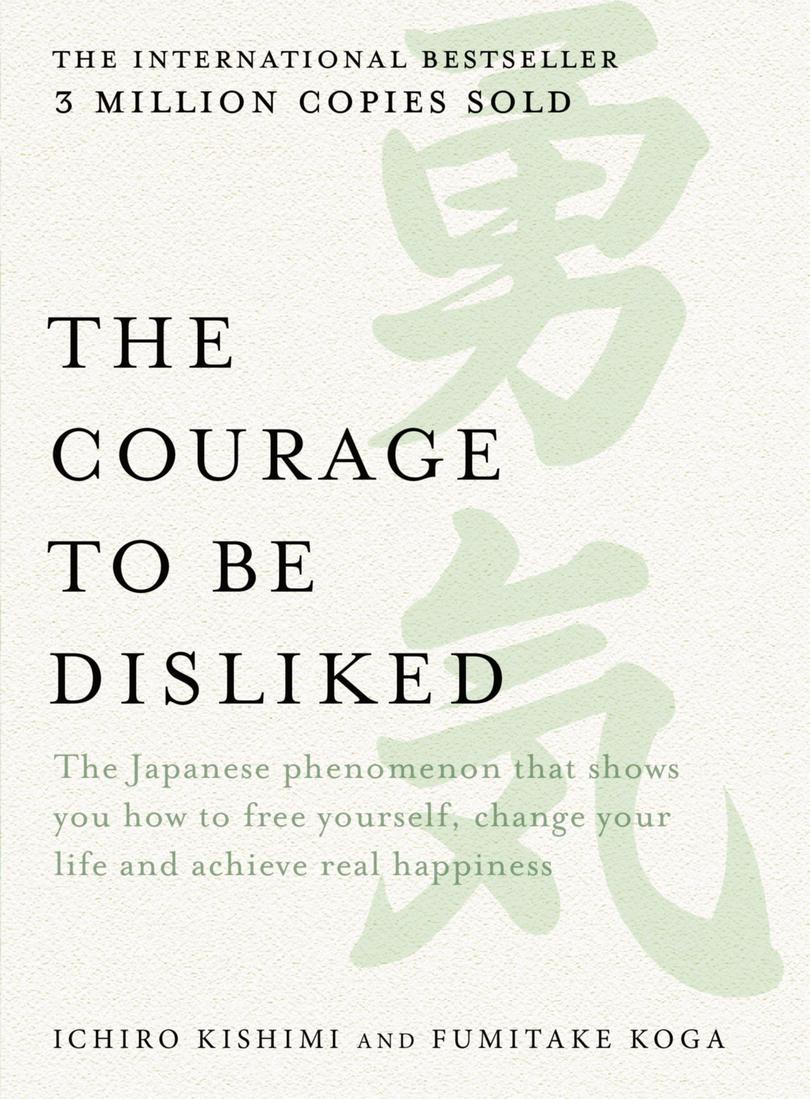CNBC: Why feeling ok about being disliked is the key to happiness
Recognition is nice but unnecessary.

Most people are terrified at the thought of someone disliking them and often go above and beyond to ensure that they’re likable; but that mindset may be shifting due to a best-selling book in Asia that is trending on social media called The Courage to Be Disliked.
Written in the format of a hypothetical conversation between a young person and a philosopher, Ichiro Kishimi and Fumitake Koga, the authors of the book, explore why it’s important to understand, and accept, being disliked in order to be happy.
The book’s premise is centered around Adlerian theory, a decades-old psychology coined by Alfred Alder, an Austrian psychotherapist.
Sign up to The Nightly's newsletters.
Get the first look at the digital newspaper, curated daily stories and breaking headlines delivered to your inbox.
By continuing you agree to our Terms and Privacy Policy.At the heart of the book, and Adlerian theory, is the idea that “freedom is being disliked by other people.” The authors emphasise that when you follow where life is leading you, not everyone will be on board with what you’re doing.

Being disliked by someone “is proof that you are exercising your freedom and living in freedom, and a sign that you are living in accordance with your own principles,” according to the book. On the other hand, when you shift your desires to match that of what other people think you should do, to avoid being disliked, then you are living an unfree life.
While you shouldn’t go out of your way to be disliked, you should avoid being afraid of being disliked because it is inevitable.
To truly live life on your own terms, the book says you need to:
- Be unconcerned with other people’s judgments
- Not fear being disliked by other people
- Accept that you may never be recognised by others for your contributions
Recognition is nice, but it isn’t necessary
This may sound too good to be true, especially as social beings who crave recognition. But feeling positive emotions as a result of recognition from others isn’t an issue; it’s feeling a need to be recognised by others that can cause unhappiness, Kishimi and Koga note.
“Being recognised by others is certainly something to be happy about. But it would be wrong to say that being recognised is absolutely necessary,” they wrote.
“Wishing so hard to be recognised will lead to a life of following expectations held by other people who want you to be ‘this kind of person.’ In other words, you throw away who you really are and live other people’s lives.”
This leads into one of the biggest lessons that the book touches on, which is that “happiness is a feeling of contribution.”
As long as you feel that your contributions to the world are useful, then you won’t need validation from others to affirm that, they explain. Your contributions actually can be small or not even seen by others, and as long as you feel that you’ve made a difference, that can lead to true happiness, according to the book.
“All we need is the subjective sense that ‘I am of use to someone,’ or in others words, a feeling of contribution,” and that breeds happiness, the authors wrote.

